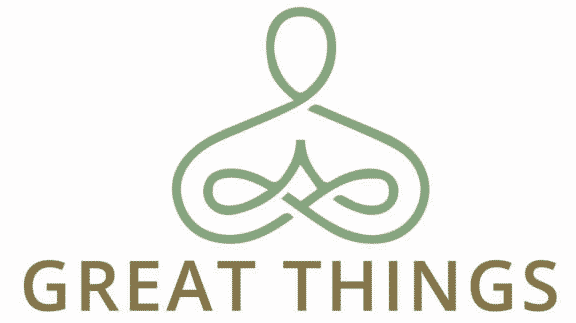Introduction to Conscious Business Consulting
As a business coach, I ask my clients to work on their personal growth plans and stay mindful of their own values. This helps them stay focused on their goals and values, but it also helps them make better decisions about how they spend their time. It’s the same with a conscious business. If you’re going to be successful in your business or any other endeavor in your life (like parenting), then you need to know where you’re going before you start planning how to get there. I called this “Conscious Business Consulting”. It is the path to the balanced and integrated life.
Identify your business goals.
Before embarking on a new project or program, it’s important to identify your goals. Do you want to earn more money? Add more clients? Create systems and processes that will make the business run more smoothly? Whatever your goal is, it may be helpful to break it down into smaller pieces that are manageable—and also keep in mind that you don’t have to achieve everything at once.
For example, if one of your goals is offering an online course (which can take anywhere from one months to six), then you might set intermediate goals along the way:
- Define the course, objectives, audience and financials.
- Write a cohesive outline.
- Conduct market and SEO research.
Identify your values.
Once you’ve identified your values, the next step is to determine if they’re being reflected in the way you run your business. Are they guiding the decisions you make? How do they affect how others perceive your business?
If not, what would it look like if they were? You can start by making a list of all of the things that are important to you (e.g., flexibility, time freedom, helping others, and honest communication). Then consider how those values might play out in different scenarios (e.g., “I value honesty so much that I will never lie even when it’s more convenient or advantageous for me”).
Some people like to think about their values as an elevator pitch describing who they are as an individual—this is a good place to start when brainstorming yours.
Develop a mission statement – one sentence that describes what your business does and how it serves people.
You can use a mission statement to help you clarify your purpose and vision as a business. It should be short, easy to remember, clear, concise and written in the present tense.
The most effective mission statements are written in the first person (I) and active voice (we do). They are also typically written in one sentence that describes what your business does and how it serves people.
Here’s an example of a great mission statement: “We help organizations attract customers by providing them with creative marketing solutions.”
Use the mission statement to measure whether you are staying on course or moving off course.
Here are some questions to ask:
- Is your mission statement still in line with your business goals?
- Is your mission statement still in line with the values on which you’ve been measuring yourself?
- Are you growing in a way that’s consistent with your personal growth plan, as outlined by the mission statement?
Ideally, these questions will help you see whether or not you’re staying on course. If not, it’s time to reassess where you need to go next and how to get there.
Brainstorm new ways to better align with the mission statement each month.
Each month, ask yourself how you can better align with your company’s mission statement. This will help ensure that not only are you serving clients and teams in a way that is true to your values, but also that they’re receiving the most value possible.
As an example, let’s say your company’s mission statement is “to create relationships with our clients.” You might ask yourself: How can I better serve my clients? Can I provide them with more resources or opportunities? What do they need from me? How can I build closer connections with them on a personal level so that we feel more like partners in this journey together rather than just another vendor or service provider?
You could also ask similar questions for other areas of focus: How can my team best be supported by me as their leader in order to serve our clients’ needs better? How do I show up at home as an engaged father who loves his family above all else (even his work)?
Rinse, wash and repeat.
It’s time to think about your next step.
- What would you like to grow or improve in your business?
- How will that growth or improvement align with what you value?
- Are you committed to reaching your dreams?
This can be done on a monthly basis, along with a personal growth plan and daily journaling.
A great way to stay on track with your business goals is to have regular check-ins with yourself and your team.
This can be done on a monthly basis, along with a personal growth plan and daily journaling. This process is a great way to stay on track with your business goals, as well as any personal goals you may have: health, relationships, etc.
Conclusion
If you’re ready to get started on this journey, we highly recommend starting with finding a coach or mentor. Schedule a free complimentary initial consultation to learn more. Click here to schedule. It will be the best investment you can make in yourself!


